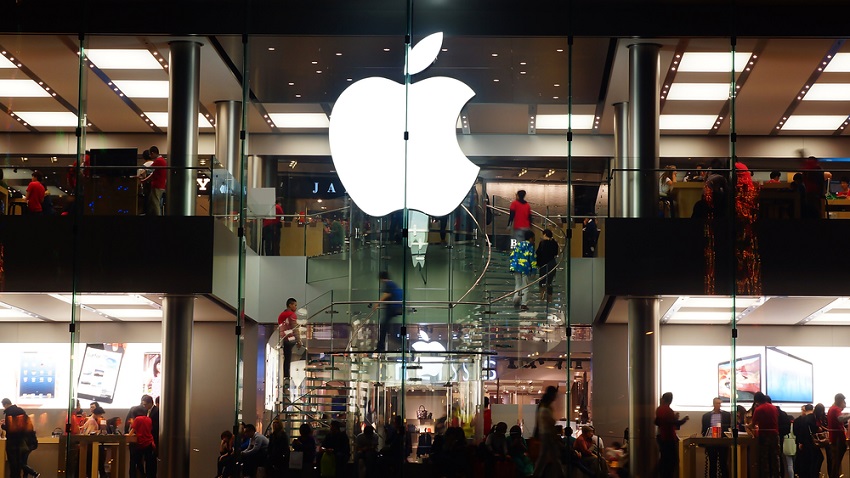A commonly levied argument one tends to hear from tech pundits is that “Apple fanboys” are quick to excuse anything Apple does, no matter how user-unfriendly it may be. The reality, though, couldn’t be further from the truth. Apple is certainly not immune from criticism, and if anything, some of the more impassioned critiques of the company come from some of its more passionate and longstanding users.
As a prime example, complaints stemming from the keyboard design on Apple’s 2016 MacBook Pro resulted in a full-blown controversy that prompted many owners to exclaim that it was the worst keyboard they’ve ever used. The MacBook Pro aside, there are no shortage of other examples which help illustrate that Apple users do not blindly heap praise on the company like an army of mindless drones. Far from it, seasoned Apple users routinely criticize both Apple software and hardware when deserved.
At the same time, Apple is often targeted for criticism for reasons that seemingly defy logic. One example I came across recently argued that the release of new MacBook Pros last week was an affront to Apple’s legion of pro users.
Writing for ZDNet, David Gewirtz takes issue with the timing of the new MacBook Pro release with a headline that reads: “Apple’s surprise MacBook Pro update further strains its relationship with pros.”
Because Apple doesn’t pre-announce products, pro developers like Tony (and me) have to rely on experience to predict when it will be a good time to buy the new equipment we need. Right after a hardware dud of a developer conference, when it’s disappointingly clear there will be a long cold desert of new pro level products, is the time when we break down and settle for what’s on offer.
Apple’s clearly not updating the Macs this round, right? If they were going to, especially with something like doubling the max capacity of RAM, opening up i9 processors and going up to 6-cores, they would have announced that to their developers, all of whom would have cheered that particular development.
But no. No announcement. Instead, 35 days later — after smart buyers waited long enough to be sure, really, really sure that the new Mac well was dry, Apple dropped a major update.
The resulting problem is that users who purchased new MacBook Pros immediately after WWDC now can’t return them as the 14-day return period has since expired. Instead, they’re stuck with last-gen devices.
Buying a machine before a new and improved model comes out is frustrating and is certainly something most tech users can relate to. However, in this particular instance, criticizing Apple for releasing new MacBook Pros about a month after WWDC seems completely misguided.
For starters, Apple typically does not pre-announce when new hardware is coming because that would impact existing sales. Gewirtz himself concedes this and adds that developers consequently “have to rely on experience to predict when it will be a good time to buy the new equipment we need.”
That said, experience dictates that Apple’s doesn’t necessarily roll out MacBook Pro updates on a pre-determined schedule. Case in point: a sequence of updates to Apple’s third-gen MacBook Pro — which was introduced in June of 2012 — were rolled out in February of 2013, October of 2013, and March of 2015. What’s more, hardware updates to Apple’s notebook line is often a function of component sourcing beyond Apple’s control.
Because Apple typically doesn’t pre-announce impending hardware, the situation Gewirtz complains about would have happened regardless of when Apple unveiled new MacBook Pros. If the new machines were introduced in early August, users who purchased the machines in late July would be upset.
If anything, one could argue that Apple introducing new MacBook Pros now limits the number of frustrated buyers because users who would have otherwise purchased last-gen MacBook Pros in July, August or September can now enjoy Apple’s updated MacBook Pro.
The idea that Apple’s recent MacBook Pro revamp “strains” its relationship with its core of pro users is simply off the mark. On the whole, pro users are legit excited about a machine that is incredibly more powerful, can finally support 32GB of RAM, and finally has a keyboard design that isn’t prone to malfunctioning.
Indeed, only Apple can be criticized for releasing a machine that addresses any number of common complaints about its predecessor. No doubt, if Apple released a revamped MacBook Pro in October or November, pundits would lambaste Apple for waiting so long.








